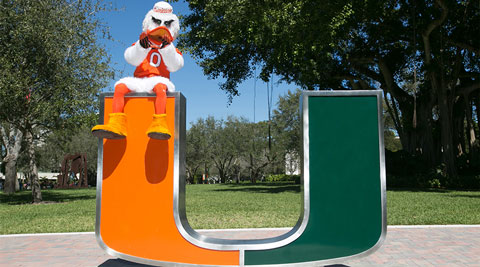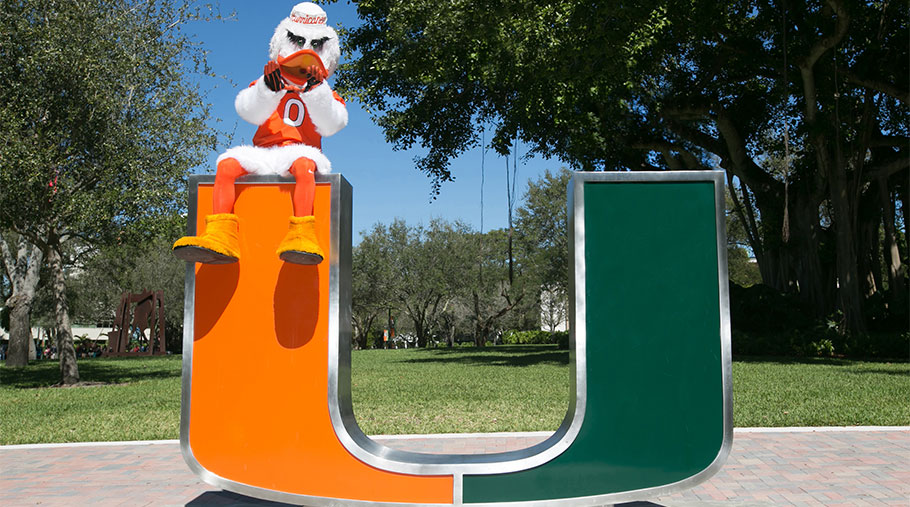Academic Accommodations at Miami Law
At Accessibility Services, we are committed to ensuring equal access and fostering your academic success. Requesting accommodations is an interactive process that relies on open communication between you and our team, allowing us to better understand your specific needs. Together, we identify appropriate accommodations tailored to your individual circumstances.
As part of this collaborative process, students must submit documentation detailing their diagnosis and functional limitations. This documentation is essential in helping us determine and implement effective accommodations.
We prioritize student confidentiality. Your personal information, including your diagnosis, treatment details, and any disability-related records, remains private and secure. Such sensitive information is not shared with faculty or staff, except in limited circumstances when necessary to facilitate an accommodation. Our goal is always to safeguard your privacy throughout this process.
Accessibility Services is committed to guiding and supporting you in achieving academic success. We encourage you to maintain open dialogue with our office to ensure your needs are continuously and proactively met.





